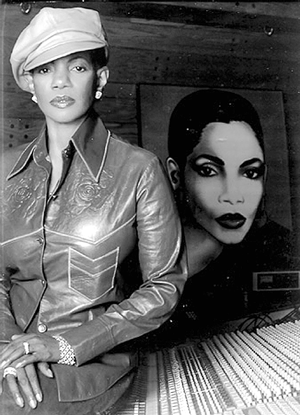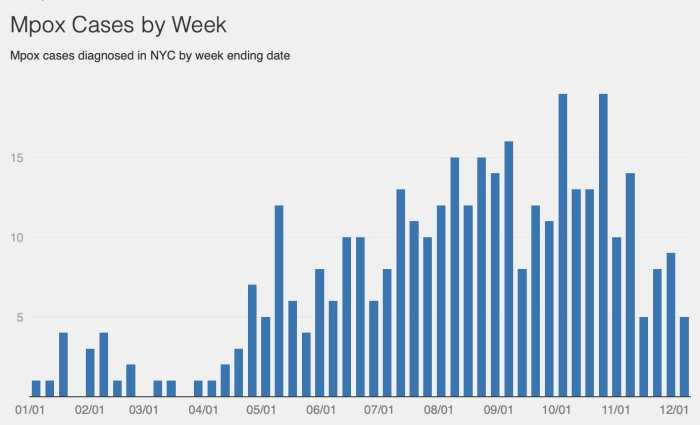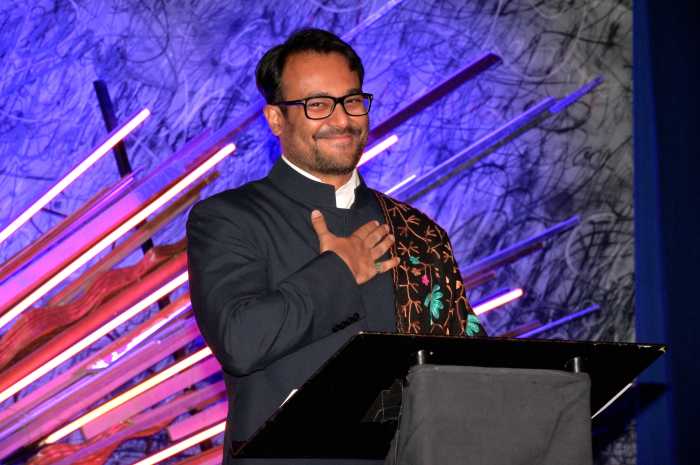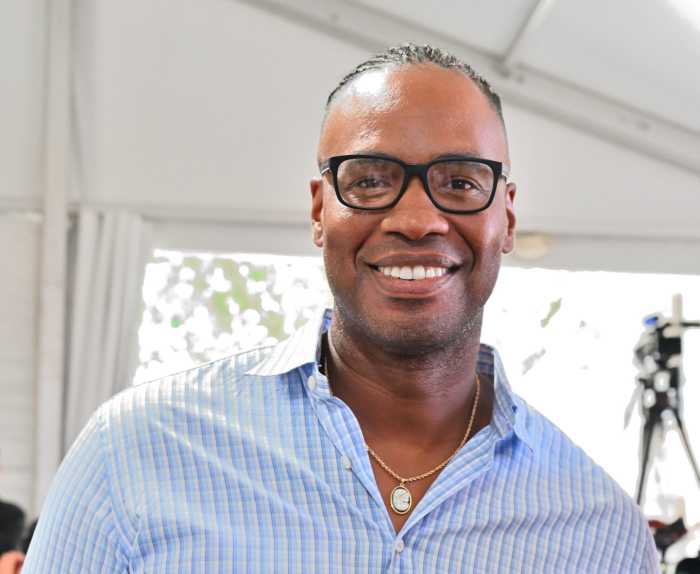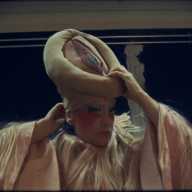Melba Moore, the once-reigning Broadway star, again serenades NY
MELBA MOORE
“Sweet Songs Of The Soul”
Harry De Jur Playhouse
Henry Street Settlement
465 Grand St. at Pitt St.
Wed.-Fri. 7:30 p.m. Sat. 8 p.m.
Sat., Sun. 3 p.m.
Through Jul. 30
$30; 212-279-4200
Melba Moore was certainly a hot ticket in the 1970s, a commercial fact she reflects upon in her new, one-woman show, “Sweet Songs of the Soul.”
Moore took over the lead from Diane Keaton in the original cast of “Hair” in 1968. She won a Tony for “Purlie” at 25 in 1970, appeared on Johnny Carson’s “Tonight Show” and even had her own wonderful TV show. As her show’s director, Rhonda Passion Hansome, told me about Moore: “This woman has won and lost two fortunes, and she’s ready to do it again.”
In her show, Moore demonstrates some real acting skills, as well as her four-octave range in songs ranging from “Easy to Be Hard” and “Stormy Weather” to her disco hit “You Stepped Into My Life” and the joyous gospel music she now favors, like Van McCoy’s “Lean On Me.”
She describes her life, from being an abandoned child—and a sexual abuse victim, which, refreshingly, she doesn’t dwell upon––to her early success and the darker days that followed.
A business manager made off with her earnings, her lover and TV series co-star, Clifton Davis, dumped her and her abusive husband, music producer Charles Huggins, also left her. She temporarily lost custody of her daughter (who was living with Bill Cosby’s family, unbeknownst to her) and went on public assistance. Despite rumors spread by Huggins, Moore denies that she was a drug addict.
Recently, as she slid into a chair at the Paramount Hotel, she looked as youthful as ever. Asked about the vitality of her voice, she replied candidly. “You have lived the life of an athlete, eat right,” she said. “You can’t dissipate. There’s nobody to baby sit me now, so I have to get up and go to the gym before I get to the theater and start warming up on the first song. Whatever problems I have, shouldn’t be yours. If I do what I’m supposed to, then the voice will do amazing things for me and it’s actually getting stronger, not weaker.”
Commended about the frank candor of her show, she laughed: “And I was being nice! When I got married, I was just starting to look for God and focus on what makes the sky blue. I’m really an introspective person and like time alone to meditate and ponder. But he was focused on making money and using people, and I was his next pawn.”
During her divorce, when things became too unbearable, the tabloids picked up Moore’s story, publishing that she had gotten a protection order against Hugg
“And there it was, the horrible things he said, and the assault. He called me, and the sound in his voice was so different, not gruff anymore but, ‘You told people this stuff?’ And when his picture came out in the papers and on TV, he was like, ‘Oh, my God.’ He always wanted to be the anonymous bad boy and was always getting away with murder because people didn’t know what he looked like. I wanted it to be like, ‘You want me to be a public disgrace. Let’s tell ‘em why! And this is what he looks like, y’all!’” Moore recalled, adding with a delightful chuckle, “You get that creative.”
Success always presented challenges.
“I didn’t even know what a Tony was, and that’s how I find out. But all that attention, everyone wanting a piece of me, was very difficult and upsetting, actually.“
As for her Broadway break-through, Moore said, “When they asked me, ‘Would you like to do “Hair”?’ I was indignant and said, ‘I’m no beautician. I’m a singer!’ But I was happy to do it, and, yes, I did go onstage naked, as did Diane Keaton. And when it came time to replace her, one of the actresses accused Jim [Rado, who played Claude and wrote the “Hair” book and lyrics with Gerome Ragni], ‘You’re not seeing any black actresses for the part’ and he said, ‘Well I didn’t think of that.’ And so he did.”
Moore’s vocal range made an African-American Carmen an option at one point, though no a road not taken. About other black divas in recent decades, she confesses to being “ a fan” of Diana Ross, but having Aretha Franklin as an idol.
“I sang for [Franklin’s] birthday recently, and wanted so much to talk to her. But I know how she is. She was sitting there and I could tell she was like, ‘Yeah, yeah, I know you love me, but don’t come over here.’ So I didn’t.”
Of Beyoncé, with whom Moore recently did “The Mighty Temptations,” she said, chuckling, “Beyoncé can sing, she can dance, she’s beautiful. Hate her!”
gaycitynews.com

